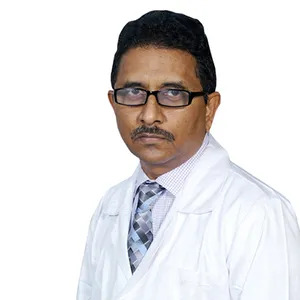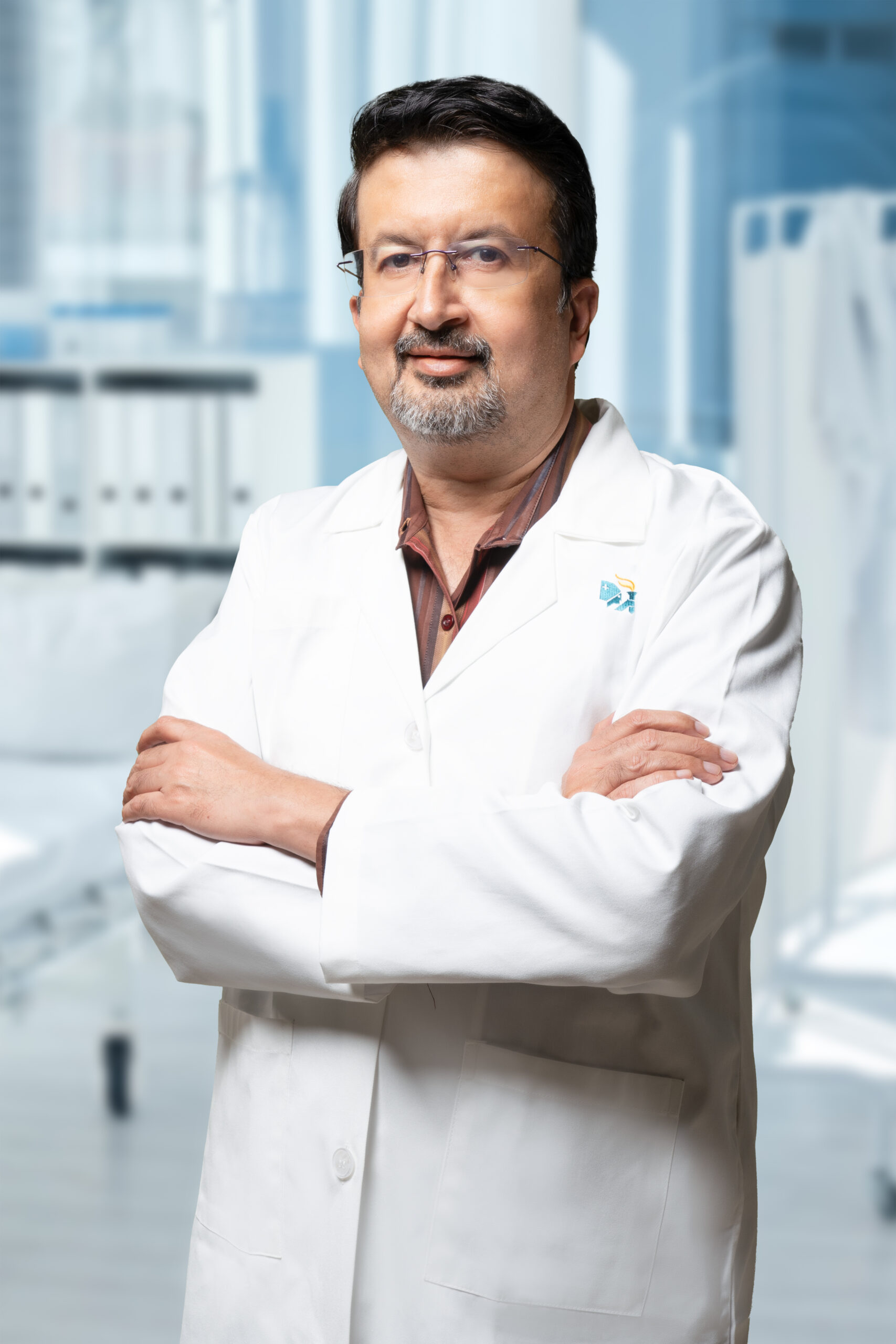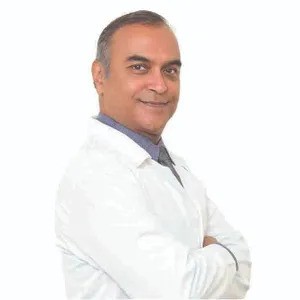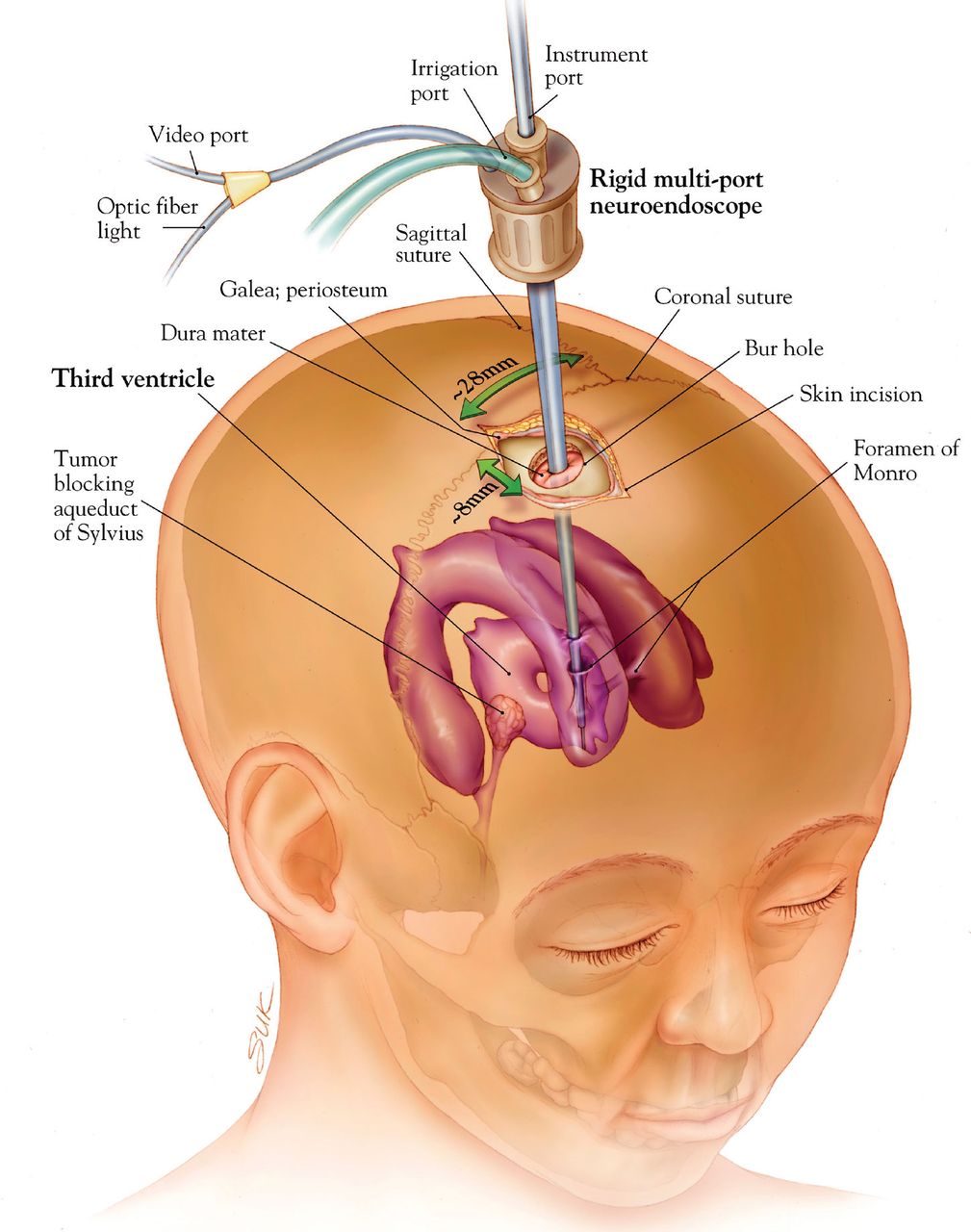What is Endoscopic Neurosurgery?
Endoscopic neurosurgery is a minimally invasive surgical technique used to diagnose and treat brain, spine, and skull base disorders. It involves the use of a thin, flexible tube with a camera (endoscope) to access the affected area through small incisions.
This procedure is particularly effective in treating brain tumors, hydrocephalus, pituitary tumors, and spinal disorders, offering reduced recovery time and minimal complications.
Key Objectives of Endoscopic Neurosurgery:
- Minimized Invasiveness: Smaller incisions result in less trauma to surrounding tissues.
- Enhanced Visualization: High-definition cameras provide detailed views of surgical areas.
- Faster Recovery: Reduced hospital stays and quicker post-operative recovery.
- Improved Outcomes: High success rates with fewer complications.
Why Choose India for Endoscopic Neurosurgery?
India has emerged as a leading destination for endoscopic neurosurgery due to its skilled surgeons, cutting-edge technology, and cost-effective treatment options.
Key Advantages of Choosing India:
- Expert Surgeons: Highly experienced neurosurgeons trained in advanced techniques.
- Affordable Costs: Significant savings compared to Western countries, without compromising quality.
- World-Class Hospitals: Equipped with state-of-the-art facilities and international accreditations.
- Comprehensive Medical Tourism Services: Assistance with travel, treatment, and recovery.
Conditions Treated with Endoscopic Neurosurgery
Endoscopic neurosurgery is highly versatile and is used to treat a variety of conditions:
- Brain Tumors (including pituitary and skull base tumors)
- Hydrocephalus
- Spinal Disorders (e.g., herniated discs)
- Skull Base Disorders
- Cerebral Aneurysms
- Ventricular Cysts
- Traumatic Brain Injuries
Symptoms Indicating the Need for Endoscopic Neurosurgery
You may require endoscopic neurosurgery if you experience:
- Persistent headaches or migraines.
- Vision disturbances or loss.
- Nausea and vomiting due to intracranial pressure.
- Neurological deficits like weakness or numbness.
- Hormonal imbalances caused by pituitary tumors.
- Difficulty in coordination or motor skills.
- Fluid buildup in the brain (hydrocephalus).
The Procedure for Endoscopic Neurosurgery
Step-by-Step Process:
- Pre-Surgical Consultation:
- Diagnostic tests (MRI, CT scans) are conducted to determine the condition.
- The surgeon plans the approach and discusses it with the patient.
- Anesthesia:
- The procedure is performed under general anesthesia.
- Surgical Technique:
- A small incision is made, and an endoscope is inserted to access the surgical site.
- High-definition visuals guide the surgeon to remove tumors, relieve pressure, or treat other conditions.
- Post-Surgery Care:
- The patient is monitored in recovery. Pain management and wound care are provided.
- Follow-Up Care:
- Regular follow-ups ensure proper healing and monitor for any complications.
Benefits of Endoscopic Neurosurgery
- Minimally Invasive: Smaller incisions lead to reduced scarring and quicker recovery.
- Enhanced Precision: Advanced visualization allows for accurate procedures.
- Shorter Recovery Time: Patients can resume normal activities sooner.
- Reduced Risk: Fewer complications compared to traditional neurosurgery.
Why Choose Healtour Solutions for Endoscopic Neurosurgery?
Why Choose Us:
- Expert Neurosurgeons: We connect you with leading neurosurgeons in India specializing in endoscopic techniques.
- Affordable Treatment Plans: Cost-effective solutions without compromising on quality.
- Seamless Medical Tourism Services: End-to-end support for international patients, from travel arrangements to post-operative care.
- Top Hospitals: Partnerships with accredited hospitals equipped with cutting-edge technology.
Post-Surgery Recovery and Care
General Recovery Guidelines:
- Hospital Stay: Typically 1–2 days for monitoring.
- Medications: Pain relievers and antibiotics are prescribed.
- Physical Activity: Gradual return to normal activities within 2–4 weeks.
- Follow-Ups: Regular appointments to track recovery and avoid complications.
Frequently Asked Questions (FAQs)
- What is endoscopic neurosurgery?
Endoscopic neurosurgery is a minimally invasive technique used to treat brain and spine disorders with the help of an endoscope. - Is endoscopic neurosurgery safe?
Yes, it is a safe procedure with high success rates when performed by experienced neurosurgeons. - How long does recovery take after endoscopic neurosurgery?
Recovery typically takes 2–4 weeks, depending on the patient and procedure. - What conditions can be treated with endoscopic neurosurgery?
It treats brain tumors, hydrocephalus, spinal disorders, and skull base abnormalities, among others. - Is the procedure painful?
The surgery is performed under anesthesia, and post-operative pain is managed with medication. - How much does endoscopic neurosurgery cost in India?
Costs range from ₹1,50,000 to ₹5,00,000, depending on the condition and procedure. - What are the risks of endoscopic neurosurgery?
Risks include infection, bleeding, or anesthesia-related complications, though they are rare. - Can international patients avail of endoscopic neurosurgery in India?
Yes, India is a top destination for medical tourists seeking affordable and advanced neurosurgery. - Will I need physical therapy after surgery?
In some cases, physical therapy may be recommended to aid recovery. - How do I prepare for endoscopic neurosurgery?
Your surgeon will provide guidelines, which may include fasting, stopping certain medications, and pre-surgery diagnostics.




